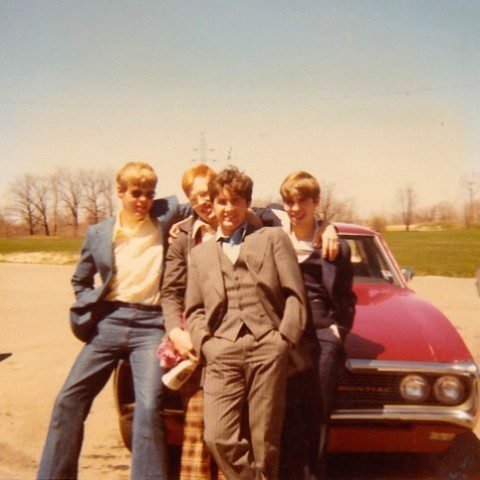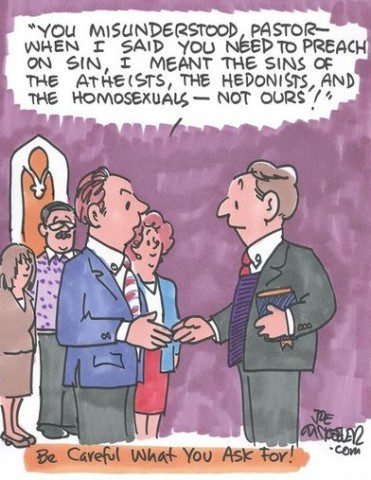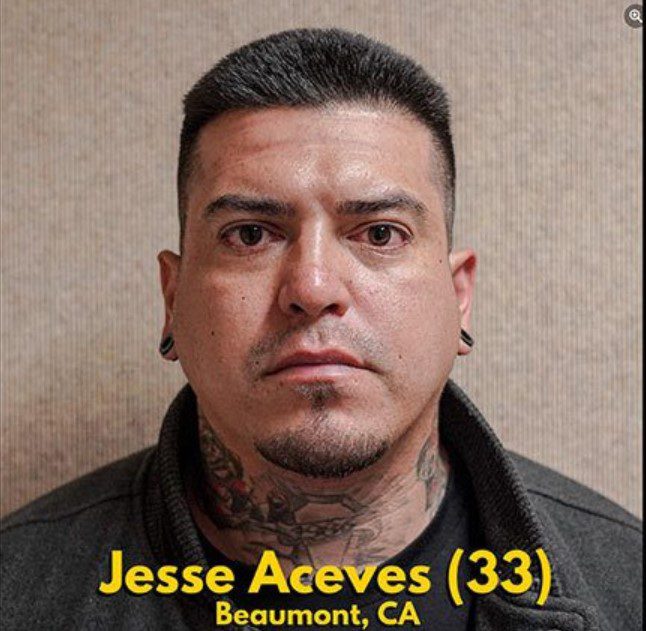
Forty-seven years ago, I loaded my meager belongings into my rust bucket of a car and drove two and a half hours northeast of Bryan, Ohio to enroll for classes at Midwestern Baptist College in Pontiac, Michigan. Founded in 1954 by Tom Malone, the pastor of nearby megachurch Emmanuel Baptist Church, Midwestern was an ardent Independent Fundamentalist Baptist (IFB) institution. Malone was an alpha male who had little tolerance for weakness. From time to time, I would play basketball with Malone after Sunday evening church. Malone loved playing rough and tumble, no-blood-no-foul basketball, as did I. Students showing weakness such as complaining about getting fouled were ridiculed and, on occasion, sent to the showers.
Malone’s manliness appealed to me. I played baseball and basketball in high school and would continue to play competitive sports into my thirties. I loved hiking, hunting, and working on cars. As a dorm student, I was known for playing practical jokes and horsing around. I was, to a large degree a normal heterosexual man — typical for my generation. Malone’s brand of masculine Fundamentalism and that of my pastors appealed to me. As a young pastor, I became what was modeled to me — a masculine, authoritarian preacher.
A man I will call Bill to protect his identity was the chairman of the English department. Bill was an educated man, holding degrees from secular institutions — a rarity among Midwestern professors. Many of my professors held degrees from Fundamentalist Bible colleges, including degrees from Midwestern. (The music department was an exception. Most of the women in the music department had advanced degrees from secular institutions.)
Bill was gay. I mean 100% flaming gay. The first time I met him, my Gaydar® pegged to the right. I remember thinking, at the time, “How is it possible that one of my teachers is a faggot?” Even my naive girlfriend, Polly, knew he was gay.
Bill lived in the dormitory, on what was commonly called the spiritual wing. There were three male dormitory wings: the spiritual wing, the party wing, and the pit. I, of course, lived on the party wing. 🙂 It was common knowledge among male dorm residents that Bill was gay (though we did not use the word “gay” to describe him at the time.) A shy, backward freshman student lived with Bill, an “odd” relationship to say the least.
I have often wondered how Bill came to be a teacher at Midwestern. I assume he had some sort of IFB cred. Gay was not a thing in the IFB church movement of the 70s, nor is it today. I am just speculating here, but I wonder if Bill’s willingness to work for the peanuts Midwestern paid professors was such that they were willing to ignore his sexuality for the sake of gaining a credentialed teacher.
Bill was Polly’s English professor for two classes. I, on the other hand, only took one of Bill’s classes — freshman English. Bill’s effeminacy rubbed me the wrong way. Quite frankly, I despised the man. I have no idea whether he was a good teacher. After two weeks in his class and numerous conflicts with me, Bill told me that he didn’t want me in his class anymore; that he would give me a passing grade — a B — for not attending the class. For the remainder of the semester, I worked on my jump shot in the school gym during class time. Awesome, right?
Several years later, Bill moved on to greener pastures. This is the path most Midwestern professors took. Starvation wages without benefits led many good men and women to leave Midwestern’s teaching ranks. Midwestern wanted teachers to treat their jobs as a ministry. They were working for God, not man, the thinking went. This didn’t change the fact that these professors had rent, utilities, transportation expenses, medical bills, and other normal, everyday expenses to pay. All the God in the world doesn’t change the fact that rent is due on the first.
If alive, Bill would be in his eighties. I tried to locate him on the Internet and social media, without success. As I pondered writing this post, I thought, “What would sixty-six-year-old Bruce say to Bill?” Nineteen-year-old Bruce was an alpha male homophobe. Sixty-six-year-old Bruce, still somewhat of an alpha male, is a defender and supporter of LGBTQ rights; a man whose youngest son is gay; a man who has numerous LGBTQ acquaintances and friends, many of whom read this blog.
The first thing I would do is embrace Bill and tell him, “I am sorry for judging and demeaning you. I am sorry for disrupting your class. I am sorry for whatever pain I caused you.” I wish I had gotten to know Bill, the person, instead of thinking I “knew” him based on a homophobic stereotype in my head. Of course, I can’t undo the past. All I know to do is to be a kinder, gentler, more compassionate man today; a man who loves and accepts people as they are, even when I may not necessarily understand them. I have spent the past twenty+ years undoing a lifetime of Evangelical indoctrination and conditioning. Change is hard. Flushing one’s mind of all the Fundamentalist junk is an arduous process. I certainly haven’t arrived. My life is a fixer-upper that will require continual renovation.
I am sure some of the readers of this blog understand the sentiments I have expressed in this post. It is not easy to look back at what we once were and the harm we caused. Even though we have become better people, the scars remain.
Bruce Gerencser, 66, lives in rural Northwest Ohio with his wife of 45 years. He and his wife have six grown children and thirteen grandchildren. Bruce pastored Evangelical churches for twenty-five years in Ohio, Texas, and Michigan. Bruce left the ministry in 2005, and in 2008 he left Christianity. Bruce is now a humanist and an atheist.
Connect with me on social media:
Your comments are welcome and appreciated. All first-time comments are moderated. Please read the commenting rules before commenting.
You can email Bruce via the Contact Form.














